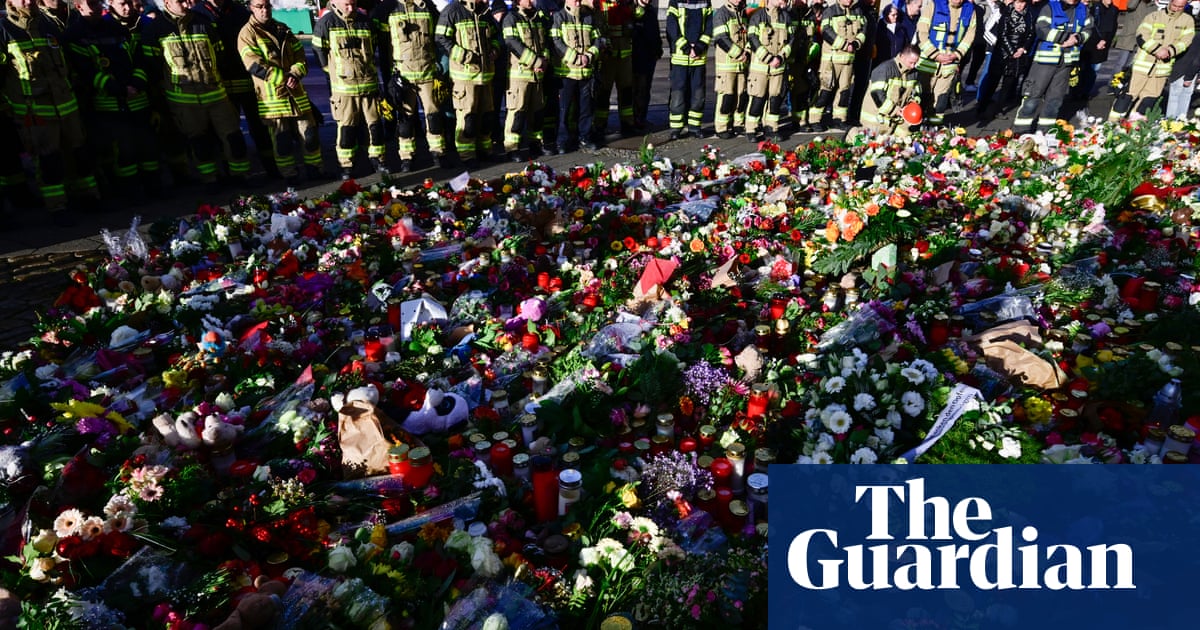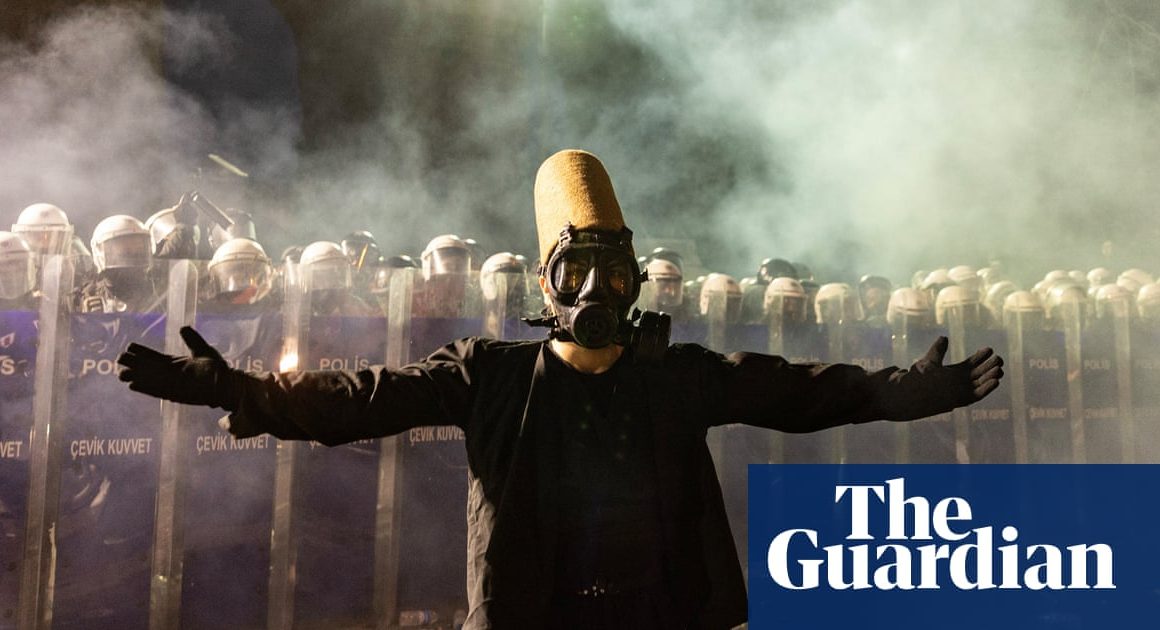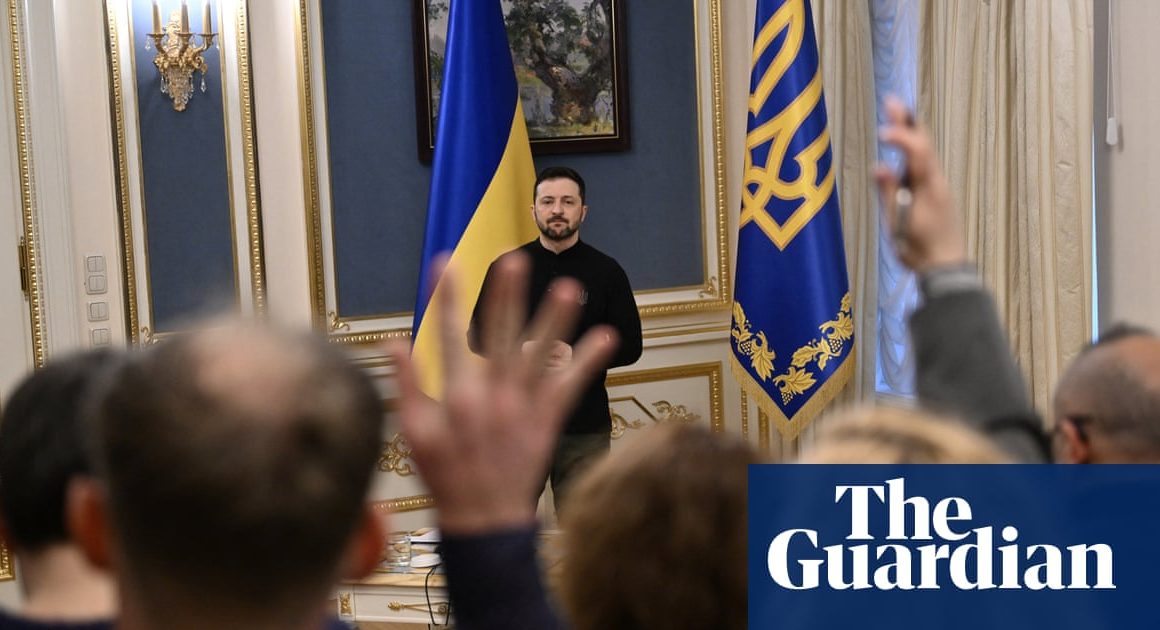Police in Germany have said a man suspected of killing at least five people and injuring hundreds more after he drove a car at speed through a crowded Christmas market faces charges of murder and attempted murder.
In the central town of Magdeburg, where the attack happened on Friday night, police said the suspect, named by German media as Taleb al-Abdulmohsen, a 50-year-old psychiatrist from Saudi Arabia, was remanded in custody late on Saturday night.
While thousands mourned the victims, identified as four women aged 52, 45, 75 and 67 and a 9-year-old boy, about 2,100 people attended a far-right demonstration billed as a “demonstration against terror” overnight, local media reported.
Police said on Sunday that prosecutors had pressed charges of murder and attempted murder against al-Abdulmohsen, an anti-Islam activist who had made online death threats against German citizens and had a history of disputes with state authorities.
Protesters at the far-right rally wore black balaclavas and were filmed holding a large banner with the word “remigration”, a term popular with anti-immigration extremists seeking the mass deportation of migrants and people deemed not ethnically German.
The government was facing growing questions about whether more could have been done to prevent the attack, which injured 205 people, including about 40 in a critical condition with doctors in local hospitals now fighting to save their lives.
Teams of surgeons have been working around the clock since the first victims of the 7pm Friday attack arrived, with one health worker telling local media of “blood on the floor everywhere, people screaming, lots of painkillers being administered”.
Al-Abdulmohsen described himself as a former Muslim and was an active user of the social media platform X, sharing dozens of posts daily focusing mainly on anti-Islam themes, criticising the religion and congratulating Muslims who had left it.
While helping women flee Gulf countries and complaining in the past that Germany was not doing enough to help them, he had also accused German authorities of failing to do enough to combat what he referred to as the “Islamification of Europe”.
As recently as August, al-Abdulmohsen also wrote on social media: “Is there a path to justice in Germany without blowing up a German embassy or randomly slaughtering German citizens? … If anyone knows it, please let me know.”
He also posted on X that he wished Germany’s ex-chancellor, Angela Merkel, could be jailed for life or executed, and in 2013 was fined by a court in the city of Rostock for “disturbing the public peace by threatening to commit crimes”.
This year he was investigated in Berlin for the “misuse of emergency calls” after arguing with officers at a police station, local media reported. He had been on sick leave since late October from his workplace, an addiction clinic near Magdeburg.
Mina Ahadi, the chair of an association of former Muslims in Germany, said al-Abdulmohsen was “no stranger to us, because he has been terrorising us for years”. She labelled him “a psychopath who adheres to ultra-right conspiracy ideologies”.
Der Spiegel magazine cited security sources that said the Saudi secret service had warned Germany’s spy agency BND last year of a post in which he threatened Germany would pay a “price” for its treatment of Saudi refugees.
Die Welt newspaper reported, also citing security sources, that German state and federal police had carried out a “risk assessment” of al-Abdulmohsen last year but concluded that he posed “no specific danger”.
The German chancellor, Olaf Scholz, on Saturday condemned the “terrible, insane” attack and issued a call for national unity amid mounting political tension in the country as it heads towards federal elections on 23 February.
Opposition parties on the far right and far left, however, were swift to criticise his government. The far-right AfD’s parliamentary leader, Bernd Baumann, demanded Scholz call a special session of the Bundestag on the “desolate” security situation.
The head of the far-left BSW party, Sahra Wagenknecht, also said the German interior minister, Nancy Faeser, must formally explain “why so many tips and warnings were ignored beforehand”.
The mass-circulation daily Bild demanded to know: “Why did our police and intelligence services do nothing, even though they had the Saudi on their radar? … And why were the tips from Saudi Arabia apparently ignored?”
Calling for sweeping reforms after the election and a complete “turnaround in internal security”, the paper claimed that: “German authorities usually only find out about attack plans in time when foreign services warn them.”
Hungary’s prime minister, Viktor Orbán, said on Saturday there was “no doubt that there is a link between the changed world in western Europe, the migration that flows there, especially illegal migration, and terrorist acts”.
Orbán vowed to “fight back” against European migration policies “because Brussels wants Magdeburg to happen to Hungary, too”.
Reuters and Agence-France Presse contributed to this report












